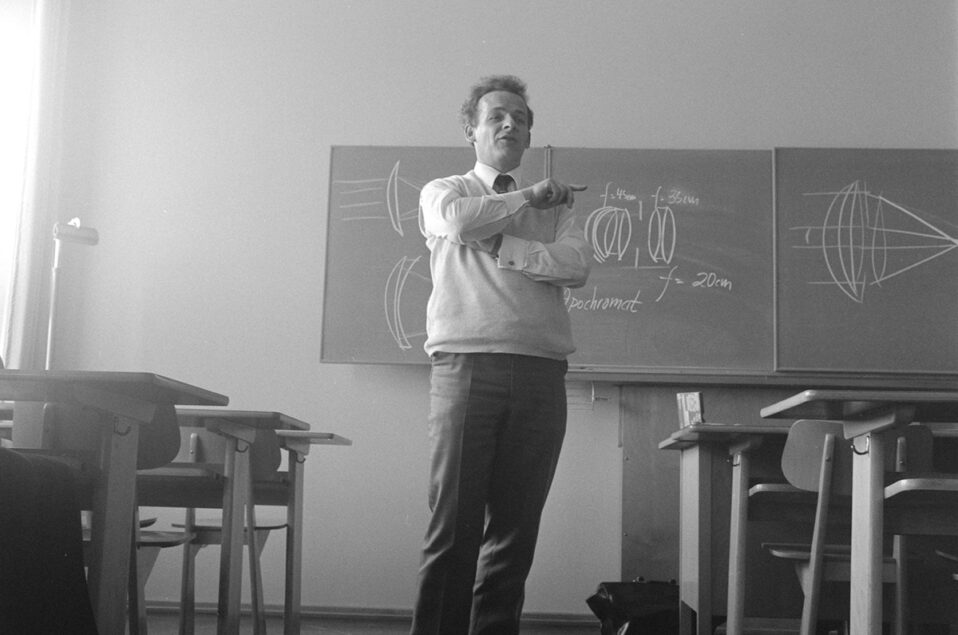By Jenni Mangel, Jewish LearningWorks Director of Educational Leadership
In high school, one of my most beloved math teachers used to say that there were three things that we could count on: death, taxes, and the number four. As in, there will always be a whole integer “4” that comes after the whole integer “3” and before the whole integer “5.”
Mr. O’Keefe’s classroom was open every day after school until 5pm. He would sit there grading papers, help us with our homework, and engage us in any other teenage angst filled conversations we wanted to have with him. He knew how to listen to us, how to give us direction when we needed it, and how to help us find our own path when that was what was going to serve us best.
I was in his class the first year I worked in the synagogue’s religious school. He and I would sometimes talk about the work I was doing with the kindergarten class. He was Irish Catholic and loved that I was choosing to connect to Judaism as a teacher and learner. In fact, he encouraged every student in my public school to learn and know the stories and traditions of our families, cultures, and religions.
To this day when I move through uncertain times I often think of Mr. O’Keefe’s message and modeling. He knew that tradition, ritual, routine, and community connection offer us stability. He wanted us to have more than death, taxes and the number 4.
For me, the something extra that I can count on is Torah. As in, no matter what we are experiencing and moving through in life, Torah has something to teach us and something to help ground us. I think of Torah in the broadest sense of the word – it is not just the Five Books of Moses, but also ancient commentary like the Talmud and modern commentaries we read in blogs. Torah is the daily interactions we have with the people around us.
Torah is also our liturgy. As we move through our current times of uncertainty I am drawn into the ritual and routine of daily blessings. Of reading Psalms and pausing from the hectic day to day to express gratitude and reflect on my actions with others.
There is a meditation offered at the end of the Amidah that holds profound meaning for me in this time. One line stands out in particular and I offer it to all of us today as an anchor and protection:
פְּתַח לִבִּי בְּתוֹרָתֶֽךָ, וְאַחֲרֵי מִצְוֹתֶֽיךָ תִּרְדֹּף נַפְשִׁי
Open my heart to Your Torah, and my soul will pursue Your Mitzvot
By opening my heart to Torah I become vulnerable and open to risk; by pursuing mitzvot I am dedicated to the quest. I am alone, but the very acts of opening to Torah and pursuing mitzvot puts me into relationships with others and into community. We gather together to celebrate, we gather together to mourn, and we support each other on the journey. We lean into the traditions, rituals and routines that give strength and stability in uncertain times.



